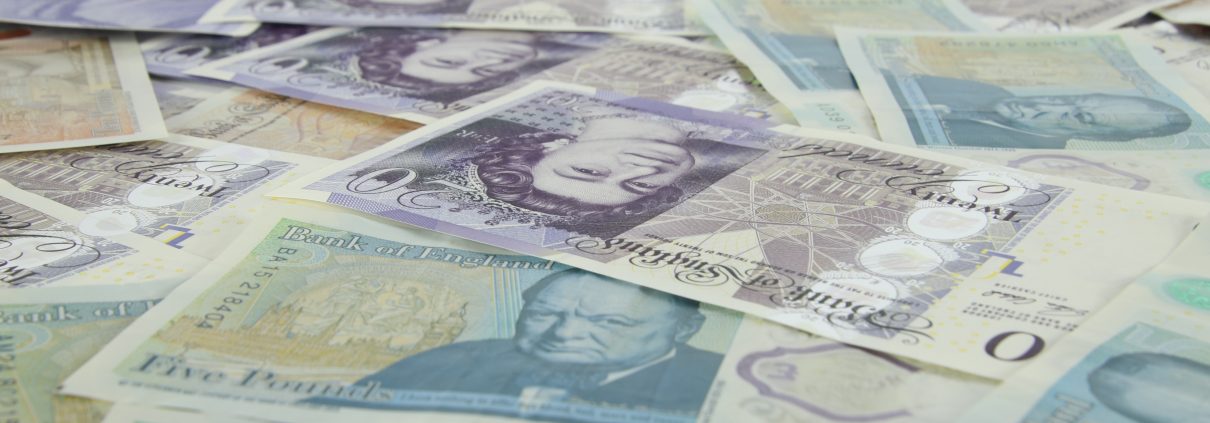How to Reduce Your Debt
According to an announcement from the National Audit Office, over 8 million people in the UK are currently struggling to pay their debts or meet their monthly household costs. Most homes are spending a substantial amount more than they are actually earning, with an extraordinary 8.1% more spending on credit cards within a year. It is crucial that people start to recognise the difference between essential and non-essential expenditure and borrowing in order to make significant changes towards lowering their total amount of debt.
It is essential to realise that not all debt is the outcome of poor management; the amount of people requesting debt advice has increased in the past few years. TUC, general secretary, Francis O’Grady stated that:
‘Years of austerity and wage stagnation has pushed millions of families deep into the red.’
Meaning that economic policies have increased taxes and decreased funding towards social services and a lack of wage growth. Following this, education costs are incredibly high; the average graduate from a three-year degree carries a whopping £50,000 worth of debt around with them. This does not even account for the exorbitant interest rates that go along with it.
Diminishing credit card debt
It is no secret that many families rely on credit cards to get by. It may seem impossible, but there are ways to reduce total debt. There are a variety of applications out there that offer users the opportunity to categorise and cut down on their spending, for example, Money Dashboard or Emma. They help reduce credit card debt by obtaining a repayment plan specifically targeting high-interest spending and comparing interest rates. Most banks offer refined programmes that identify fraudulent purchasing patterns; however, the purchase amount is often not large enough to alert the cardholder. Therefore, users must keep a close eye on establishing transactions made by fraudulent means.
Debt management plans
Debt management plans can help guide people back onto the right track. They enable monthly payments to be made to the provider who communicates with creditors to negotiate supportive stipulations. A debt management plan is useful for those who have non-priority debts such as personal loans. Additional options include debt relief order suitable for those with low incomes, individual voluntary arrangements which often give several years in which the debt must be paid and bankruptcy which allows people relief from all debts.
Those tackling finance problems should first try and cut down on unnecessary spending; however, if that does not solve any issues, financial planning may be mandatory in aiding those coping month to month.
All of the above solutions can be beneficial but should first be discussed with a financial advisor to ensure you are the right candidate for the plan picked out for you.









